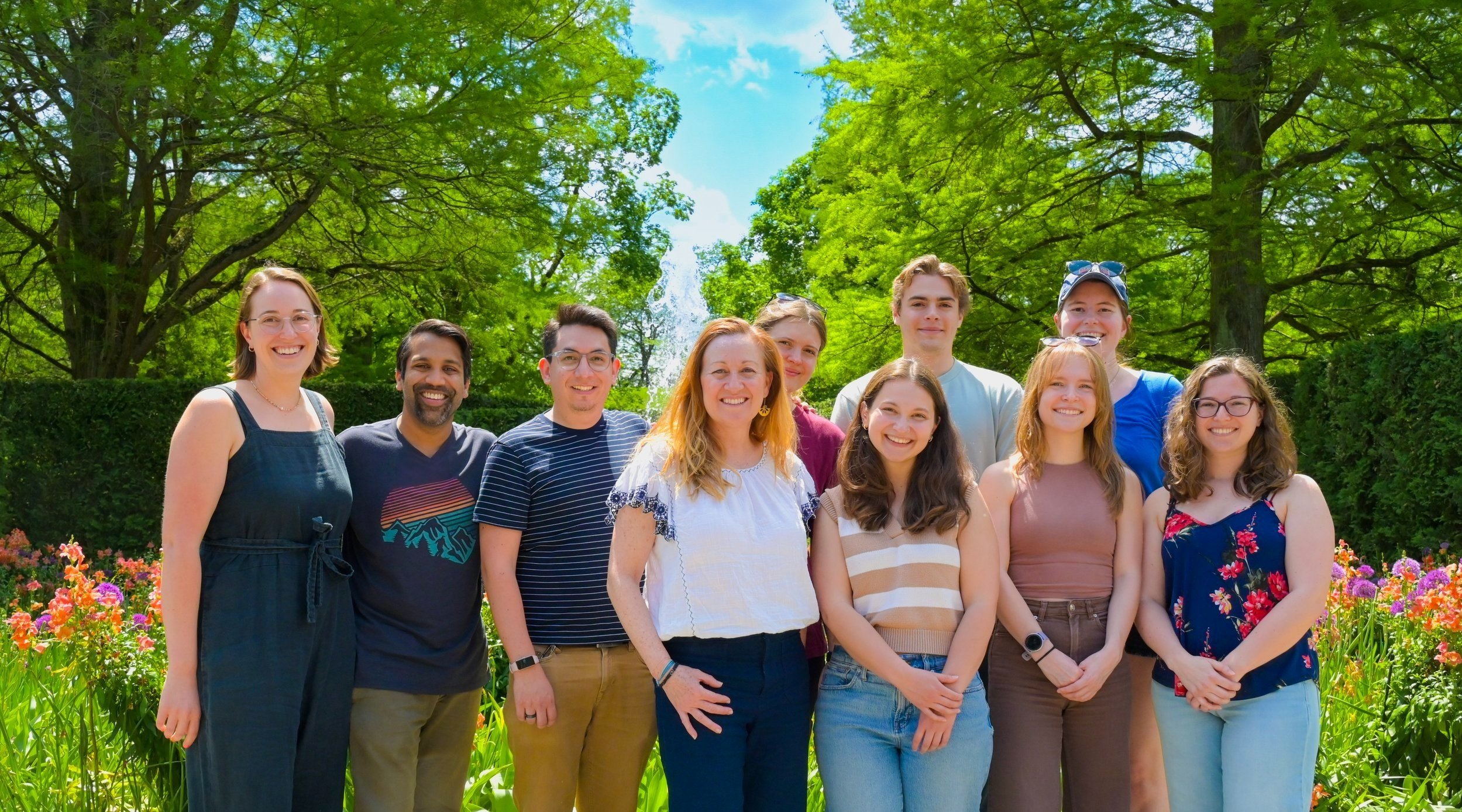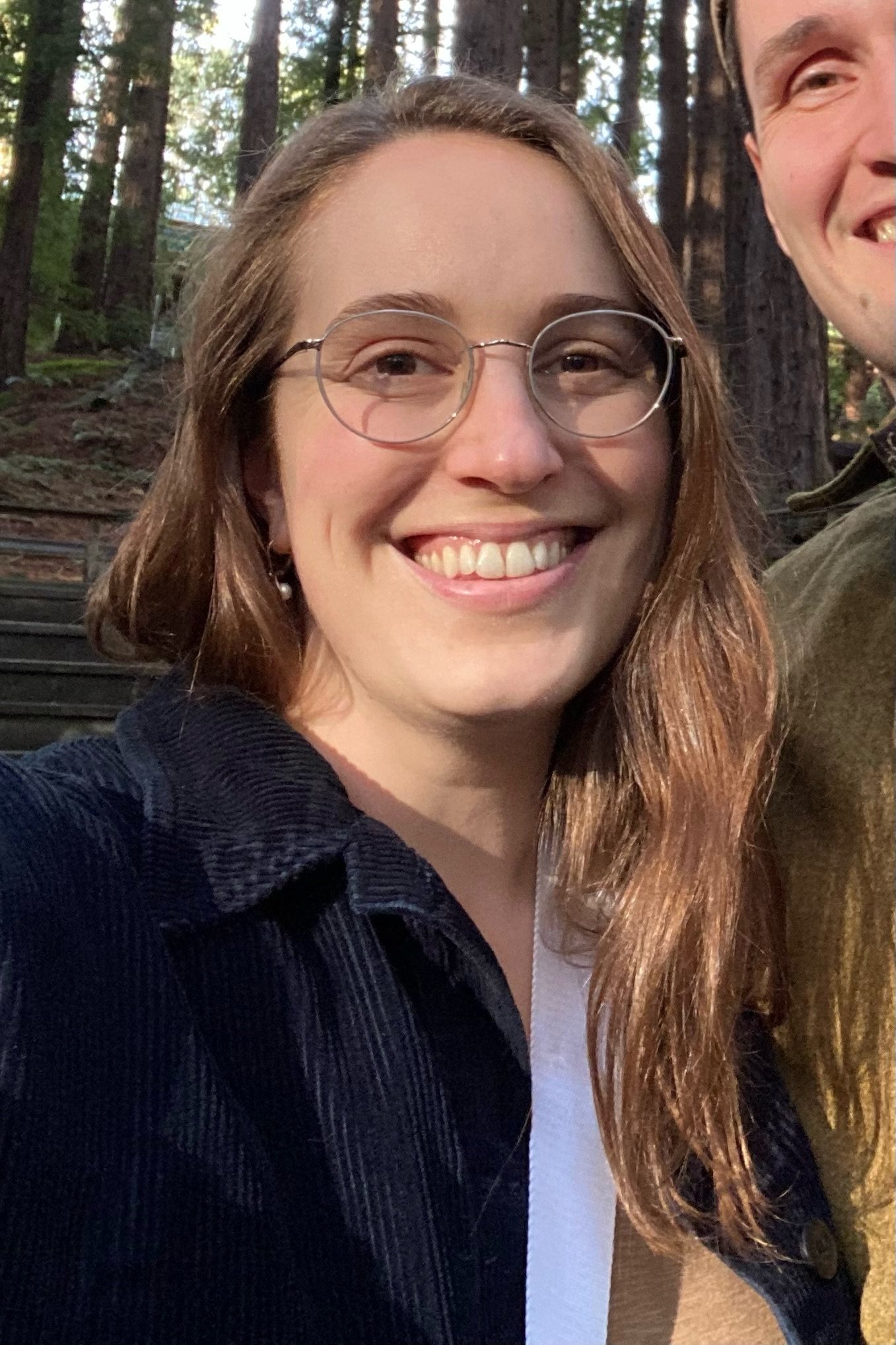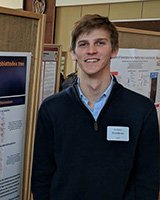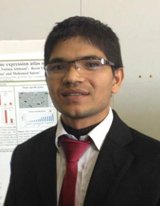
Current Lab Members
Head of Anguera Lab & Associate Professor, Biomedical Sciences
Monsterrat C. Anguera, Ph.D
Montserrat Anguera, PhD, is an Associate Professor of Epigenetics in the department of Biomedical Sciences at the University of Pennsylvania, School of Veterinary Medicine. She is a co-director for the RNA Institute, a member of the Epigenetics Institute, the Institute for Immunology, the Center for Women’s Health & Reproductive Research, and the Institute for Regenerative Medicine at Penn. She also serves on the executive committees for various graduate groups and training grant programs across Penn
Professor Anguera received her B.A. from UCSD in Chemistry and her Ph.D. from Cornell University in Biochemistry, Molecular and Cellular Biology. Her postgraduate studies were completed at Massachusetts General Hospital/Harvard University, where she developed the interest in X-Chromosome Inactivation. Her laboratory studies epigenetic gene regulation that underlies sex differences in development and disease. Her current research investigates how gene expression from the X-chromosome is regulated in the immune system, and how these mechanisms become altered in diseases exhibiting a sex-bias, such as autoimmunity. Her lab discovered a novel and dynamic mechanism of X-Chromosome Inactivation maintenance specific to female lymphocyte activation, and how perturbations in these pathways contribute to the autoimmune disorder lupus.
Instructor of Medicine / Postdoctoral Fellow
Nikhil Jiwrajka, MD, MS
Nikhil Jiwrajka is a physician scientist in the Division of Rheumatology at the Hospital of the University of Pennsylvania. He completed medical school at the Johns Hopkins University School of Medicine and his residency and rheumatology fellowship training at the Hospital of the University of Pennsylvania, where he also completed his Masters in Translational Research. His clinical practice focuses on the care of patients with systemic autoimmune diseases, many of which exhibit female-biased disease incidence, including systemic lupus erythematosus, Sjögren’s syndrome, systemic sclerosis (scleroderma), inflammatory myositis, polymyalgia rheumatica, and rheumatoid arthritis. He has a particular interest in the pathogenesis of fibrosing autoimmune diseases, including systemic sclerosis, myositis-associated interstitial lung disease, and interstitial lung disease with autoimmune features. His current work in the Anguera laboratory focuses on translational studies in patients with systemic sclerosis and on mouse models of systemic autoimmunity and fibrosis. When he is not in the lab or clinic, Nikhil can be found spoiling his Shih-Tzu pup, Boh, with plenty of treats and toys!
Postdoctoral Fellow
Natalie Toothacre, Ph.D
Natalie Toothacre completed her PhD in the Anguera Lab as part of the Genetics and Epigenetics graduate group and is now staying on as a postdoctoral fellow. She was born and raised in San Diego, CA, and graduated from UC San Diego in 2018 with a degree in General Biology. During her undergraduate career, she worked with Dr. Charles C. King to study the differentiation of human embryonic stem cells into glucose-responsive insulin-producing pancreatic islet cells. In her free time, Natalie likes to knit, watch movies, try new restaurants, and travel.
Nuriban Valero-Pacheco, Ph.D
Research Associate
Nuriban Valero-Pacheco was born and raised in Mexico City. He has an undergraduate degree in biological and pharmaceutical chemistry from the National Autonomous University of Mexico (UNAM) School of Chemistry. He earned his MSc and PhD in Immunology from the National Polytechnic Institute (IPN) in Mexico City, where he investigated the human T cell and antibody responses to the 2009 A(H1N1) pandemic influenza virus. During his PhD, he was visiting scholar at the Jenner Institute of the University of Oxford, where he worked in the preclinical development of a universal T-cell vaccine against Salmonella. Nuriban's research interest in understanding the cellular and molecular networks that control the immune function of tissue-resident lymphocytes led him to join Aimee Beaulieu's lab at Rutgers New Jersey Medical School as a postdoctoral fellow. Nuriban's work focused on studying the function of innate and adaptive tissue-resident lymphocytes in the female reproductive tract and the skin, investigating changes during pregnancy and also sex differences following allergic inflammation. Nuriban is continuing to investigate the cellular and molecular mechanisms underlying sex differences in lymphocyte function as a research associate in the Anguera lab. Outside the lab, Nuriban enjoys concerts and going to museums. He likes cinema, salsa dancing, and swimming and is a big opera fan.
Graduate Student
Emma Welter, BS
Emma Welter is a PhD student in the Genetics and Epigenetics program (CAMB) at Penn. She grew up in North Carolina, and received her bachelor’s degrees in Biology and Philosophy from University at North Carolina at Chapel Hill. During her undergraduate career, she worked with Dr. Anthony Zannas investigating machine learning methods to study cell morphology changes that occur with cellular senescence. In her free time, Emma likes to crochet, run, and read.
Visiting Scientists & Co-Mentored Students
Rose Albert, MPH
Graduate Student
Rose is a PhD candidate in the Pharmacology Graduate Group in Krithika Lingappan’s lab.
Robert Trudeau, BS
Graduate Student
Bobby is a PhD candidate in Chemical and Biomolecular Engineering in Bomyi Lim’s lab.
Peyton Collins, BS
Graduate Student
Peyton is a PhD candidate in Chemical and Biomolecular Engineering in Bomyi Lim’s lab.
Elise Breed, MD Ph.D
Postdoctoral Fellow
Elise is a rheumatologist and postdoctoral fellow in Igor Brodsky’s lab.
Katherine Forsyth, Ph.D
Former Anguera Lab Members
Claudia Lovell, PhD
Sarah Pyfrom, Ph.D
Amanda Driscoll, BS
Isabel Sierra, Ph.D
Zachary Beethem, MS
Zowie Searcy, BS
Aimee Dubin, MD
Bam Dev Paneru, PhD
Donald Sandoval, BS
Camille Syrett, PhD
Ian Penkala, VMD PhD
Jianle Wang, PhD
Anna Martin, BS
Steve Hanes, BS
Additional Former Members





















